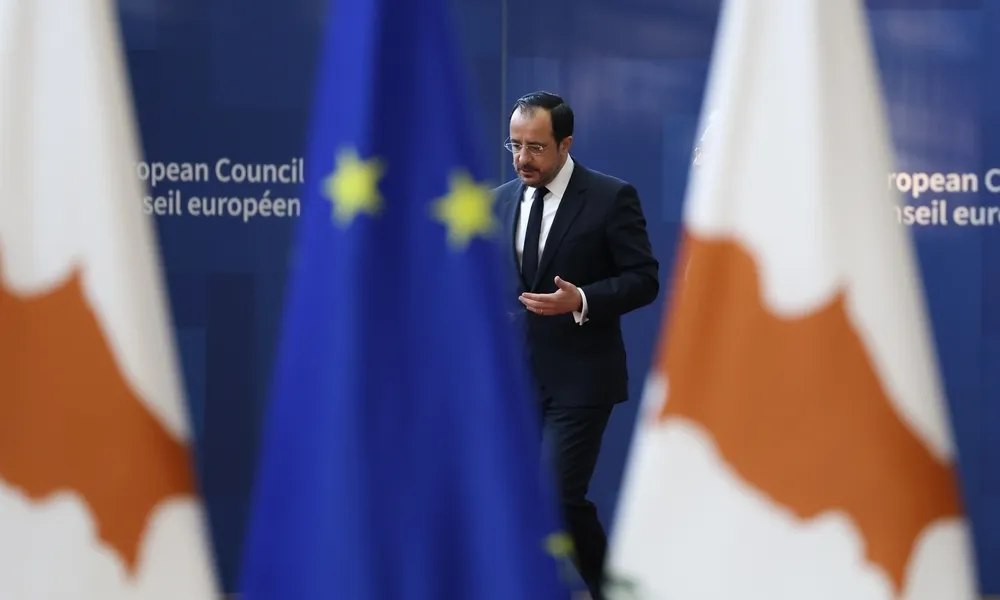The European Economic and Social Committee (EESC) Bureau met in Nicosia ahead of Cyprus assuming the EU Council Presidency on 1 January. Hosting the meeting at the Presidential Palace, President Nikos Christodoulides called the term “a journey guided by cooperation, participation and dialogue,” adding that Cyprus is “proud to be the voice of the 27” and will act “as a true honest broker.”
Deputy Minister for European Affairs Marilena Raouna presented presidency priorities, and a plenary session focused on water scarcity and preparedness. The EESC will produce 14 opinions for the incoming presidency on agreed priority files.
Core priorities
Christodoulides highlighted defence and security, migration and borders, energy, water resilience and affordable housing, alongside simplification for SMEs. “We will work to promote policies that strengthen cohesion among Member States,” he said, “ensuring that no region and no citizen is left behind.” He linked strategic autonomy with openness, reaffirming “our unwavering support for Ukraine” and deeper partnerships with the Southern Neighbourhood. A key task will be advancing a new Multiannual Financial Framework.
“Water scarcity is not only an environmental concern. It is also a social, economic, and geopolitical one,” the President said, pledging “swift and coordinated action” to strengthen Europe’s water resilience and feed work on the Water Resilience Strategy and the new European Climate Adaptation Plan. The goal is “efficient water management,” innovation in water technologies, and cooperation with the neighbourhood.
Civil society at the centre
Thanking the EESC, Christodoulides said, “You give voice to citizens, civil society, workers and the business community,” noting that this engagement “strengthens our Union” by keeping it inclusive and forward-looking.
